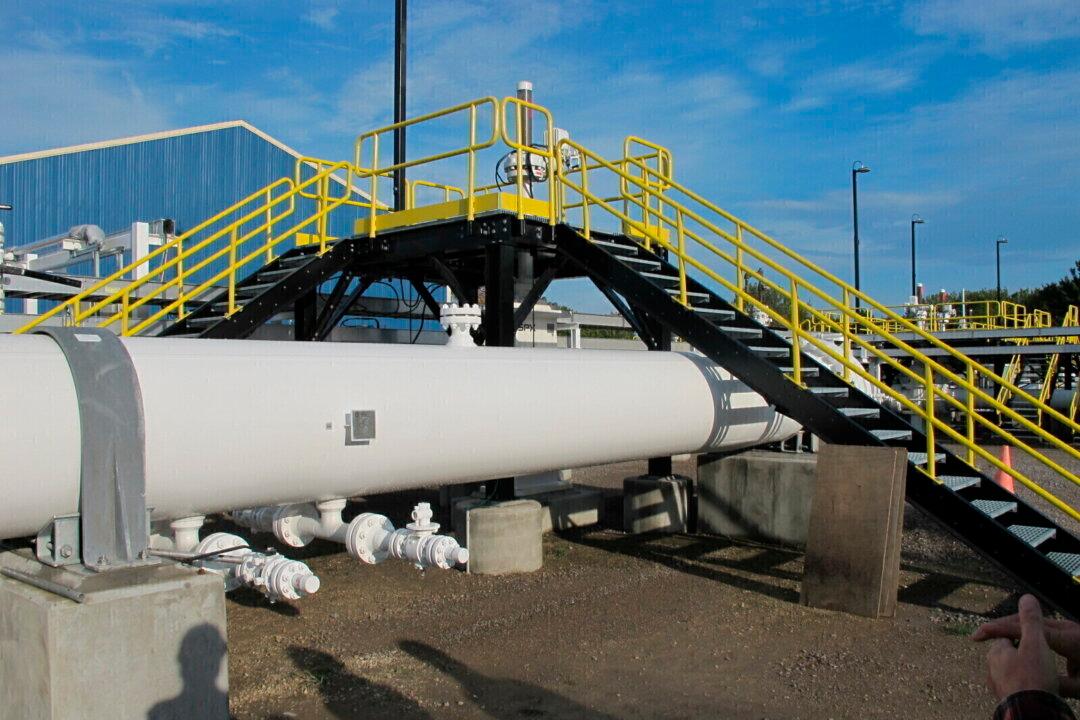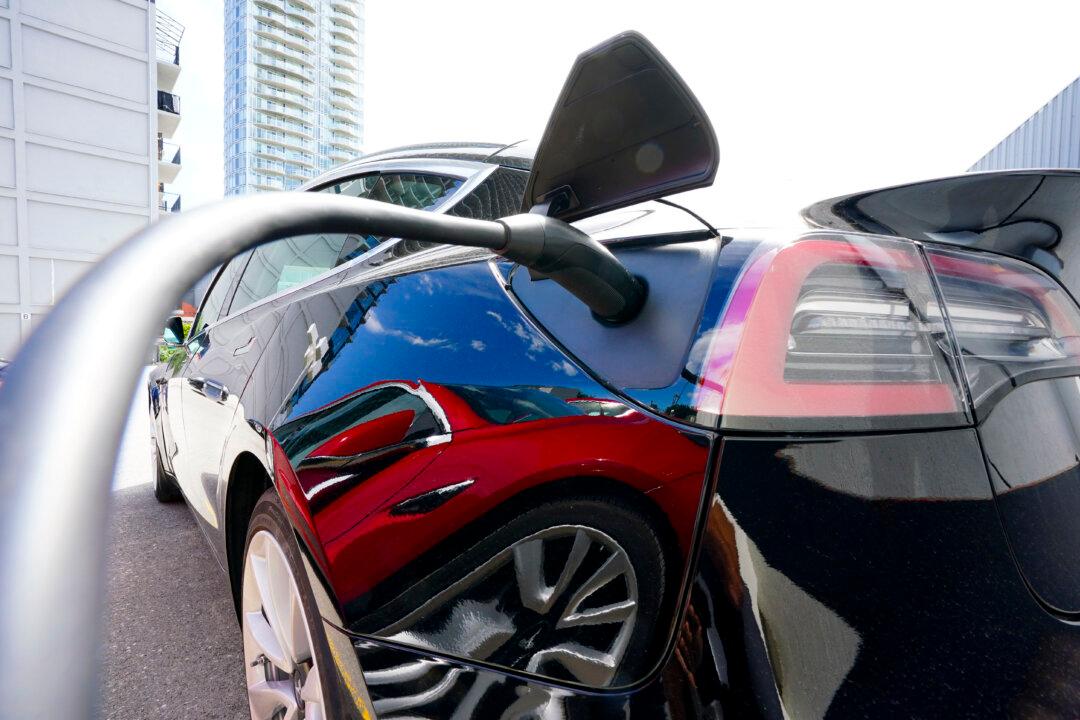Commentary
The battle over the operation of the multi-national Enbridge Line 5 pipeline appears to have no end. American anti-energy activists—invigorated by their victory in shutting down the Keystone XL pipeline from Canada—have set their sights on Line 5 and won’t quit until the line is shut down one way or another. Cross-border pipelines could soon be a thing of the past, and Canada’s energy security is vulnerable due to this.





